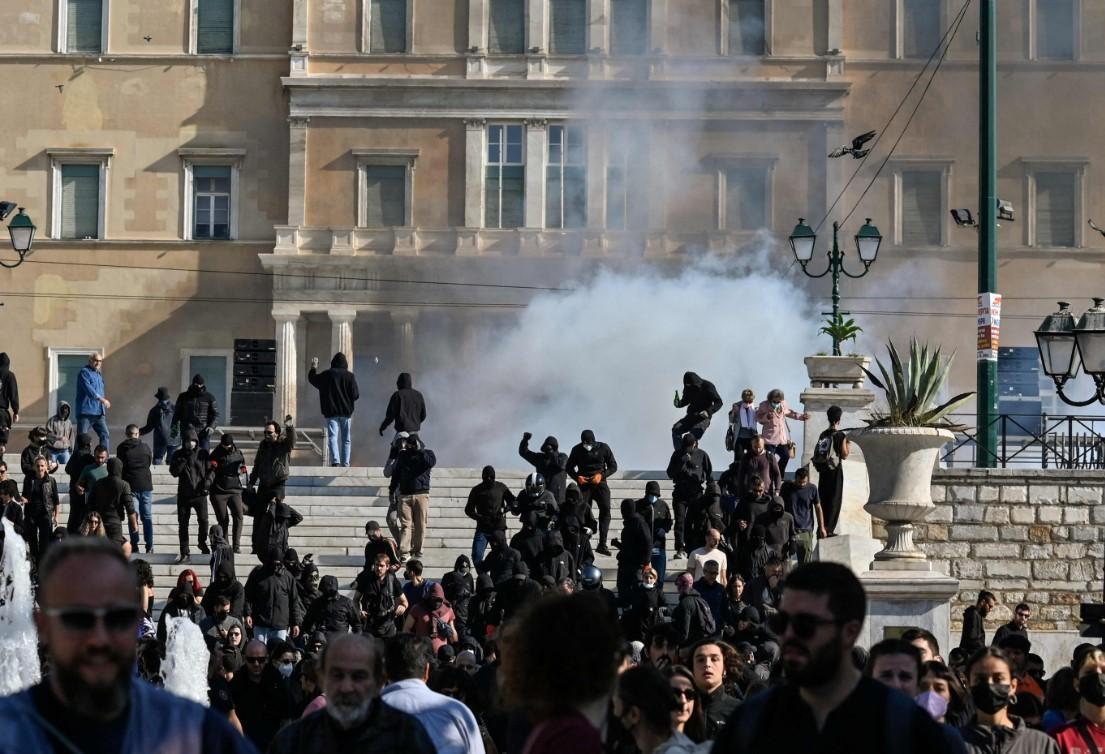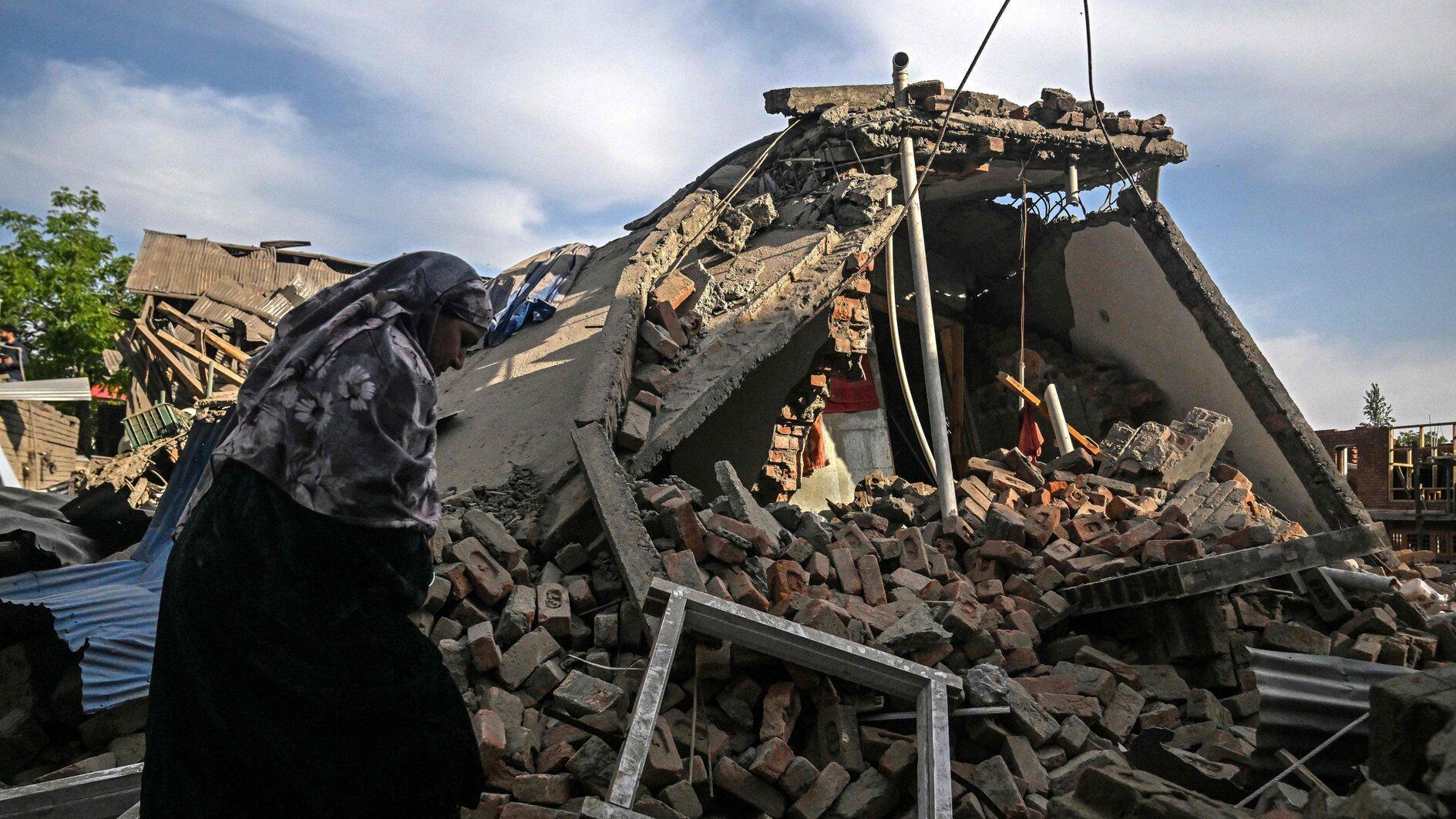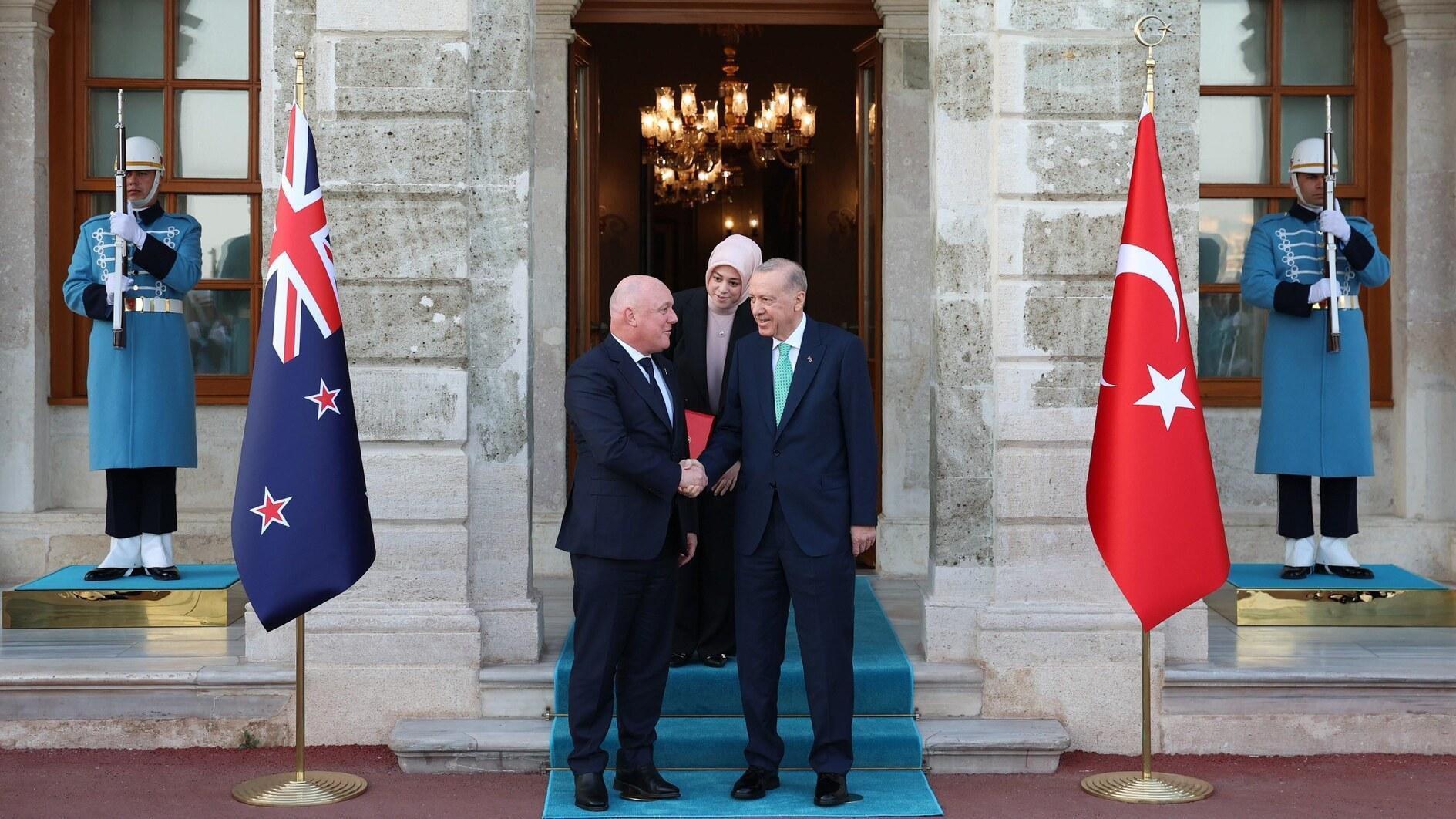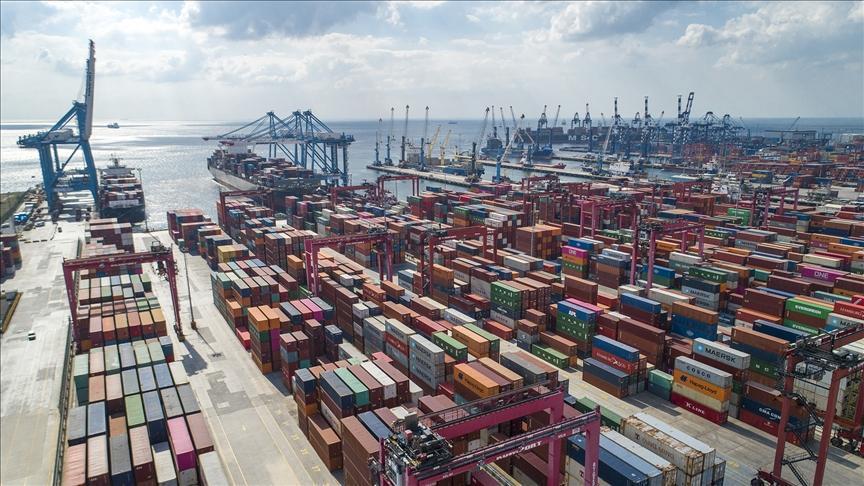Strikes flare in Europe as cost of living spirals
BRUSSELS

European workers squeezed by the soaring cost of living went on strike in Belgium and Greece on Nov. 9, with more stoppages threatening to paralyse parts of Britain, France and Spain in coming days.
Spreading industrial unrest poses a problem for governments which are already spending billions trying to blunt the worst effects of rising prices, at least for the most vulnerable.
Europe is acutely affected by the fall-out from the war in Ukraine, which is exacerbating a global energy crisis, inflation and a scarcity of some food products.
The onset of winter, when energy bills spike, and repeated predictions of a continent-wide recession are souring the labor mood even further.
Belgium and Greece saw general strikes on Nov. 9, disrupting transport in their respective capitals, impacting businesses.
In Brussels, home to the European Commission and other EU institutions, workers were protesting inflation running higher than 12 percent - well above the 10.7 percent average across the eurozone.
In Greece, ferries serving its many islands were among the transport lines halted by a general strike, the second to hit the country since September.
Brief clashes erupted in Athens and Thessaloniki when hooded youths threw firebombs at police, who responded with tear gas.
In the capital, red paint was splashed at the entrance to Greece's central bank.
Greek unions are insisting on salary rises to cope with inflation which has risen to 12 percent.
Stoppages were felt yesterday in Britain and France, with the underground urban rail networks and buses in London and Paris were severely affected.
France is not as badly affected by inflation as its European peers, as the state holds stakes in the main energy companies and has minimised how far energy bills can rise.
Inflation in France is just over six percent - better than elsewhere - but with economic activity across the eurozone nosediving, hatches are being battened for what looks like a period of stagflation.
In Britain, where inflation is above 10 percent, worker protests over not being able to make ends meet are coming to a crescendo.The Bank of England predicts the country is headed for a two-year recession.
On top of yesterday’s stoppage in London's Underground, British nurses are to hold the first strike in the 106-year history of their Royal College of Nursing union.
Late next week, hundreds of employees at Heathrow airport are to halt work for three days, between Nov. 18 and 21, to demand better pay.
Their action could force the cancellation of flights to Qatar, which is to host the World Cup football tournament that kicks off on November 20.
British dockers, university staff, postal employees and the legal profession have all held or threaten to continue strikes over pay eaten away by inflation.
In Spain, truck drivers have called an indefinite strike from Nov. 14.
With labour protests mounting, the European Union is looking at ways to take some of the sting out of energy prices.
The European Commission and member states are working on proposals to promote the joint purchase of gas and possibly impose a mechanism to cap the price of wholesale gas within the European Union.
Details are not expected to be finalised until late this month.
The head of the European Central Bank, Christine Lagarde, said last week a "mild" eurozone recession looked likely - but warned it would not be enough to bring down record-high inflation.
















